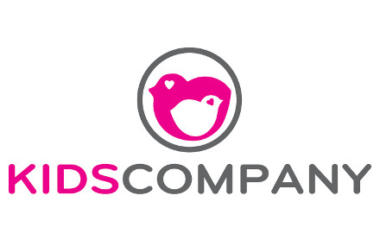Kids Company received enough unrestricted income that it could have built up sufficient reserves to see it through the crisis that led to its collapse. Kirsty Weakley asks why it did not.
Yesterday we reported some pretty staggering numbers about the amount of unrestricted income Kids Company received over the past decade - more than £90m - without managing to build up a sensible level of reserves to act as a cushion in times of crisis.
Kids Company had just £434,000 in free reserves when it collapsed, less than a week’s worth of its expenditure, yet that was the highest its reserves had ever been. In six of the ten previous years the charity had reported that its free reserves were in deficit, meaning it had made spending commitments without having funding already in place.
Yesterday afternoon the BBC also reported that before Kids Company collapsed a document, with chair of trustees Alan Yentob’s name attached, was sent to the Cabinet Office and two London local authorities to warn of “looting” and “rioting” should the charity close.
According to the BBC the document says: “Our cause for concern is not hypothetical, but based on a deep understanding of the socio-psychological background that these children operate within. We know that the referrals will not get picked up and be dealt with. We know that there are not enough voluntary agencies equipped or staffed to deal with the challenging behaviour that our client group possesses.
"Without a functioning space for hope, positivity and genuine care, these communities will descend into savagery due to sheer desperation for basic needs to be met."
Local authorities have reacted angrily to the charge that they would not have been able to cope. And while former service users did protest outside Kids Company’s headquarters and marched on Downing Street, there were no reports of anything more extreme.
The language used in the document, combined with the evidence from its accounts and previous statements made by its founder, Camila Batmanghelidjh, and trustees, leads me to conclude that the real problem at Kids Company was a culture of arrogance.
Those at the charity seemed to genuinely believe that Kids Company was too good to fail and that somehow good-practice guidelines around financial management did not apply to them, because someone, be it central government or a wealthy donor, would always come through in the end.
Indeed in the immediate aftermath of the collapse the trustees refused to blame Batmanghelidjh and she herself would only accept responsibility for not managing to raise enough.
In so many other charity failures, scrutiny of the accounts reveals that the organisation had struggled on and scaled back or transferred services to other organisations until its reserves withered away and it had to accept the reality of its demise. But in the case of Kids Company, the sad end could actually have been prevented.
The real tragedy is that if the charity had resisted the urge to continue with rapid expansion, and denied a few children their pairs of Nike trainers in favour of putting some money away for a rainy day, it would not be in the position it’s in now. Those very vulnerable children and young people would still be receiving support and the charity would have been able to continue the important work of campaigning to make the system fairer.
A culture of arrogance was at the root of Kids Company’s woes
26 Aug 2015
Voices

Kids Company logo








